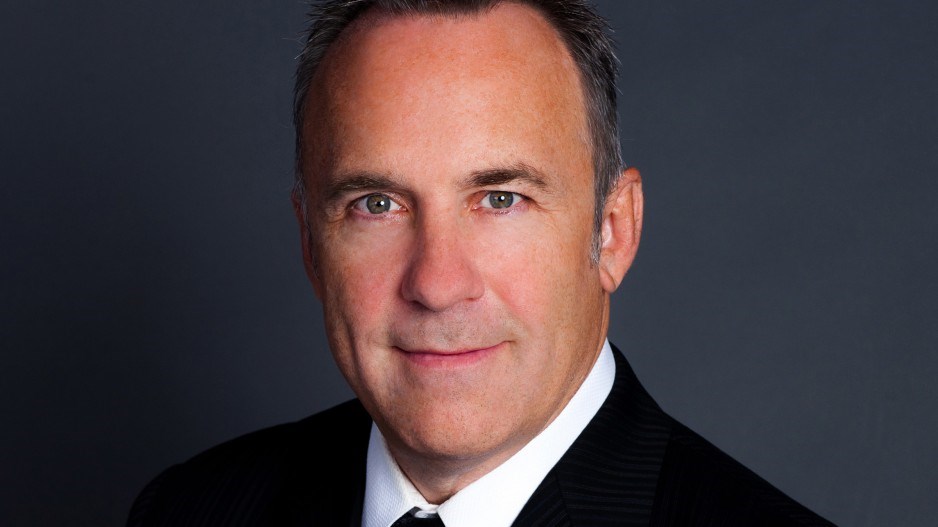Leadership is one of the most critical functions in today's work environment. We can see the carnage left behind by now-defunct companies who've had such failures in their leadership. They simply do not exist any longer. But why has such a simple concept become so difficult?
The theories are many and the courses in this area are plentiful, with the focus of workshops and training sessions often focusing on one or more segments of leadership principles. I believe the fail point is with the leaders themselves. They fail to put the theory into practice or are inconsistent in the application. In my 30 years of experience, I have learned that there are three keys to leading effectively.
General Norman Shwartzkopf, one of the greatest leaders of our time, said: "Leadership is a potent combination of strategy and character. But if you must be without one, be without the strategy." I couldn't agree more. Character is the baseline in which you are judged by your people. You must not only do the right thing, but do so with ethics and courage of convictions. You only get one opportunity to lead with character. If you abuse any part of the greater company values and your character comes into question then you will have already lost your team.
The concept of "followership" – the art of following a leader effectively – is left out of leadership training more often than not, yet is the most important aspect of leading people. None of us starts out our career as the leader of an organization – we all had to report to someone as a subordinate. Even the chairman of the board or president of any company has a reporting line to a board of directors or similar. What is critical is how we follow our leader. Your team is watching and if we fail to follow direction ourselves, how can we expect those we lead to follow us?
The worse thing I've witnessed, too many times to recount, is the watercooler discussion where the leader says to their team: "This is the direction I've been given. I don't necessarily agree with it, but that's what management wants".
When unsure of a direction that you are required to champion, have a conversation in private with your leader. Clarify, discuss and then implement. Follow the way that you want to be followed.
The electronic age is upon us. Email, social media and other digital channels have allowed us to reach out to a great many people – including those we lead. Although effective to deliver key messages to those within any organization, this is not the best medium to lead. Too many leaders use the excuse of being too busy to get out of their offices and deliver messages to their teams. This essentially takes away the personal touch. People want to see and talk to their leaders. Some of the greatest ideas from team members are never heard because they are too concerned that they are bothering their leader who is continually locked in their office. Get out of your office and talk to your people every day. It will pay off in spades.
Being an effective leader involves instilling confidence in those you lead, so using these three simple tips will provide the baseline requirements for leading today and into the future. They will not guarantee success unless they are applied on a consistent basis. Leadership is difficult and we often learn our best lessons from our failures. Stay the course, remain positive and you will experience positive outcomes with your team. The people we lead are our most important asset in any working environment so lead well because they deserve our best every day.
Cam Kowalski is a career security professional who was in charge of aviation security control planning for both the 2010 Winter Olympic Games and the G8 and G20 summits for the RCMP. He is also president of Jetstream Management Group, a Vancouver-based leadership development and project management consulting company. Follow Cam on Twitter @jetstreamteam




